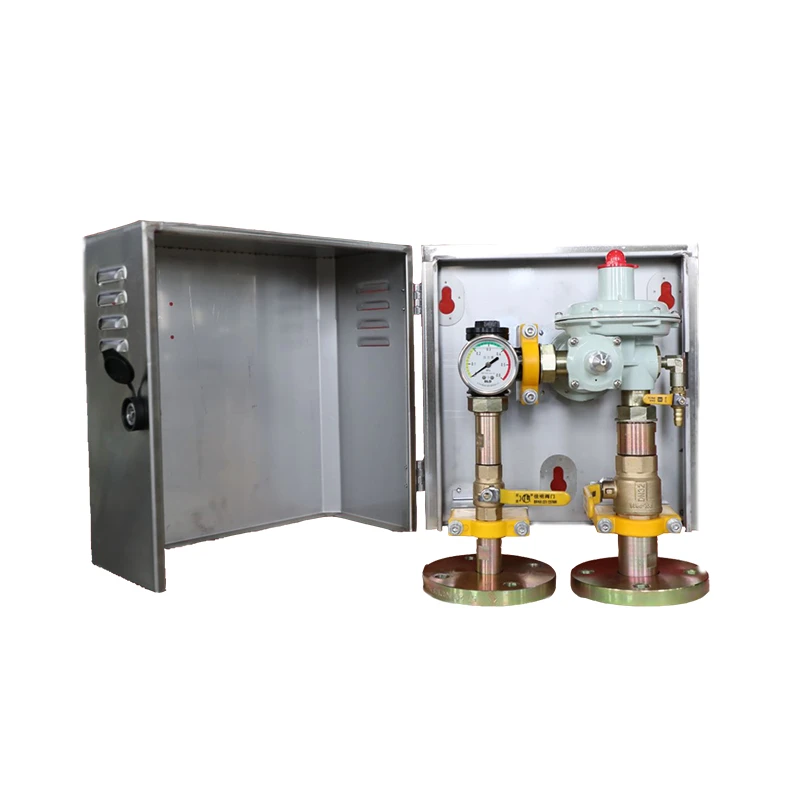
Nov . 19, 2024 06:14
Back to list
Natural Gas Valve Control and Safety Mechanisms in Modern Systems
Natural Gas Valve Essential Component for Safe and Efficient Gas Management
Natural gas has become an integral part of modern energy consumption, powering everything from residential heating systems to industrial processes. Central to the safe and efficient operation of natural gas systems is the natural gas valve, a crucial component that regulates the flow of gas and ensures the safety of various applications.
Understanding Natural Gas Valves
.
Shut-off valves are designed to completely stop the flow of gas, crucial during maintenance or emergency situations. Control valves, on the other hand, are used to regulate flow rates and pressure within the system, ensuring that the gas is delivered at the appropriate levels for specific applications. Safety valves play a critical role in maintaining pressure by releasing gas when it exceeds a predetermined limit, preventing potential explosions or leaks.
صمام الغاز الطبيعي

Importance of Safety Mechanisms
Safety is a paramount concern in natural gas management. Gas leaks can lead to disastrous consequences, including explosions and environmental harm. Therefore, natural gas valves are often equipped with advanced safety mechanisms. For instance, many modern valves incorporate automatic shut-off features that activate in case of a detected leak or an abnormal drop in pressure. This ensures that gas flow is halted immediately, minimizing risks.
Additionally, regular maintenance and testing of these valves are essential practices to ensure their reliability. Corrosion, wear and tear, or mechanical failure can compromise a valve's functionality, leading to dangerous situations. Therefore, periodic inspections, coupled with timely repairs and replacements, are critical to maintaining the integrity of the entire gas delivery system.
Conclusion
Natural gas valves may seem like small components in the vast infrastructure of gas pipelines and storage systems, but their role is undeniably significant. They not only facilitate the efficient flow of gas but also safeguard lives and property by preventing leaks and ensuring that gas is delivered under safe conditions. As the demand for natural gas continues to grow, ongoing innovation and strict adherence to safety standards in valve design and maintenance will be essential in leading the industry towards a safer and more efficient future in energy management. Emphasizing the importance of these valves can lead to greater awareness of natural gas safety and the critical systems that support it.
Next:
Latest news
-
Safety Valve Spring-Loaded Design Overpressure ProtectionNewsJul.25,2025
-
Precision Voltage Regulator AC5 Accuracy Grade PerformanceNewsJul.25,2025
-
Natural Gas Pressure Regulating Skid Industrial Pipeline ApplicationsNewsJul.25,2025
-
Natural Gas Filter Stainless Steel Mesh Element DesignNewsJul.25,2025
-
Gas Pressure Regulator Valve Direct-Acting Spring-Loaded DesignNewsJul.25,2025
-
Decompression Equipment Multi-Stage Heat Exchange System DesignNewsJul.25,2025

